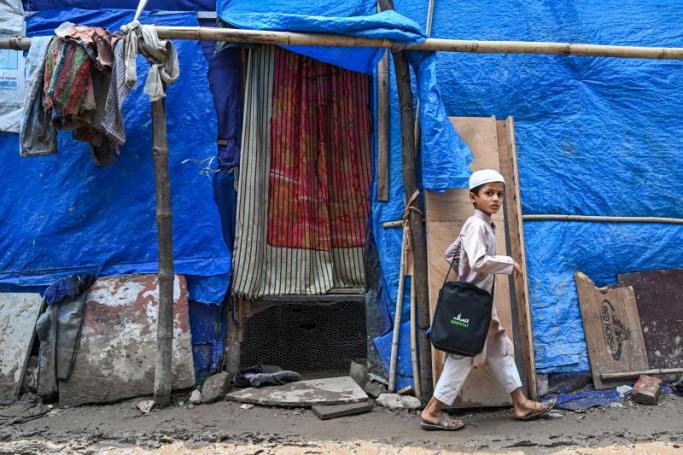Mizzima
As has been pointed out on innumerable occasions, Ukraine gets masses of international attention but Myanmar gets little. But, as a number of commentators have pointed out, if there really is a neglected community it is the Muslim Rohingya leading desperate lives in refugee camps in Bangladesh and internally displaced people’s camps in Myanmar’s Rakhine State.
Although independent Myanmar media take steps to follow developments of the Rohingya at home and abroad, international media does not often cover the crises affecting the communities.
In a recent op-ed by Dr. Farhad Chowdhury, a security and strategic affairs researcher and columnist specialising in South Asian Affairs published in the Eurasia Review, the major concern about the limited attention to the needs of the Rohingya means a drop in the international community’s resource allocation to the Rohingya in both Bangladesh and Myanmar.
More than 1.1 million Rohingya refugees are living in Bangladesh, and the UNHCR’s most recent news item, “Rohingya refugees face hunger and loss of hope after latest ration cuts,” raises questions regarding their nutritional status and food security.
At the beginning of the year 2023, the World Food Program (WFP) shockingly lowered the amount of ration per person twice in the course of just three months. The WFP cut the value of monthly food vouchers from US$12 to US$10 per person in March and further reduced it to US$8 per person in June 2023, highlighting the financing shortfall.
As Chowdhury points out in his 29 July op-ed, a Rohingya refugee’s daily budget for food and nutrition is at around 27 cents. Even the UN had to reduce food rations for Rohingya refugees by 17 per cent, which made the already dire situation worse. The WFP, on the other hand, is adamant that it needs an immediate US$125 million to avoid further rationing.
The situation is compounded by the Myanmar junta’s deliberate neglect of the Rohingya community in Rakhine State. The junta has been using humanitarian aid as a weapon, favouring only those who side with the junta. Rohingya IDP camps in Rakhine appear to have received little or no help in the wake of the devastating 14 May Cyclone Mocha.
Chowdhury notes that international publications writing about the crises for Rohingya could help shine a spotlight – and maybe influence those holding the aid purse strings.
For instance, the Washington Post’s lead item from March 15, 2023, “Aid dwindles for Rohingya refugees as money goes to Ukraine, other crises,” is important in gaining support for the Rohingya cause internationally, he claims.












